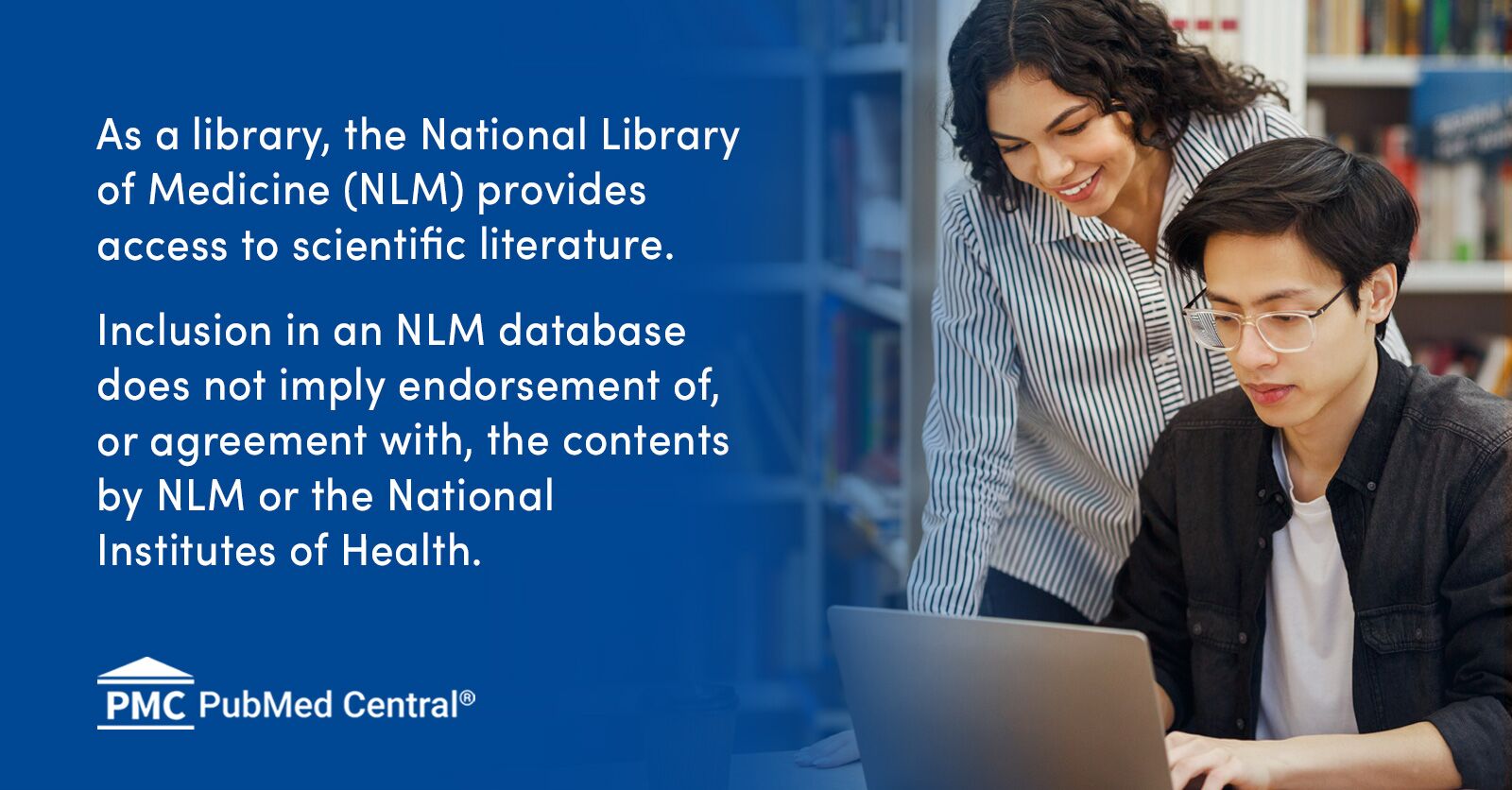Also, may I ask why you got addicted to caffeine again after a whole year off it? Like, do you think you could have stayed off it if you'd really wanted to? Cause if I ever made it that long I'd really like to think I'd have conquered my caffeine addiction altogether. Was it something psychological like thinking you needed it for work or something like that? And overall, did you feel better and less anxious during that year off caffeine?
Basically, that year off caffeine occurred when I was a teenager at College and was unintentional. since I was a kid, I always believed caffeine helped me, probably just because I was fascinated with drugs plus I heard everyone around me saying it. when I started college, my family went on holiday at the same time and nobody was there to prepare the fresh coffee me and my mother ritually drank every morning. with these changes, I basically forgot about coffee/caffeine and that’s where things got interesting. Many people commented my skin looks healthier and I look alive. interestingly, off caffeine my Energy levels and sleep pattern changed. for example, whilst my sleep was definitely deeper, without caffeine I had a propensity to go to bed later and wake up later. whilst I didn’t notice it then, my anxiety was massively reduced and if I ever became anxious about work/deadlines, it would be a more functional anxiety which pushes me to get the work done. In contrast, on caffeine, my anxiety is more likely to push me away from work and encourage me to procrastinate or rush, producing a lower quality of work. I was also much more social without caffeine.
Unfortunately, I didn’t realise those benefits until reflecting on it now. in regards to what got me back on caffeine, some friends at college offered to buy me energy drinks in bulk and at a low price to help me revise. Note that I am blind so that’s why I couldn’t go on my own. One afternoon before class, I took my first two cans of energy drink and shortly after my afternoon sleepiness disappeared. however, something just didn’t feel right. my mind felt scattered and I was unable to focus on anything. I lost all interest in the lesson, Along with becoming extremely anxious. unfortunately, I didn’t take heed of these symptoms and convinced myself that caffeine was somehow helping me. it is true that without caffeine, I was much more likely to fall asleep in class, but I was more likely to actually sit down and read over the notes afterwards and do any work that needed to be done.
I assume caffeine induced anxiety is the main cause of all my caffeine related problems, though I do believe that the adenosine antagonism might play a more direct role in disturbing focus/attention.
During that year of caffeine, I was very lucky to find a huge supply of my fathers abandoned nicotine products(Lots of e-cigarettes and high nicotine liquid). without caffeine, nicotine worked so much better as both a recreational and functional drug.
I think the next time I quit caffeine, I’m never going back. to be successful and to make the most out of it, i’m waiting till my fixed term employment contract ends and I can change my working hours. also, my family may be going on holiday soon meaning I don’t have to wake up very early every morning. what regularly brings me back to caffeine after quitting it for Ramadan is the requirement for me to wake up very early every morning. i’m practically non-functional in the morning and walk around half asleep, hence the desire for caffeine.
If my circumstances change for the better, I’ll be delighted to have caffeine out of my life and be able to wake up with my natural energy. One benefit I forgot to mention of being without caffeine is having a high libido. I don’t know if that’s just me and a few others, but I searched it and found an article making the same claim.




